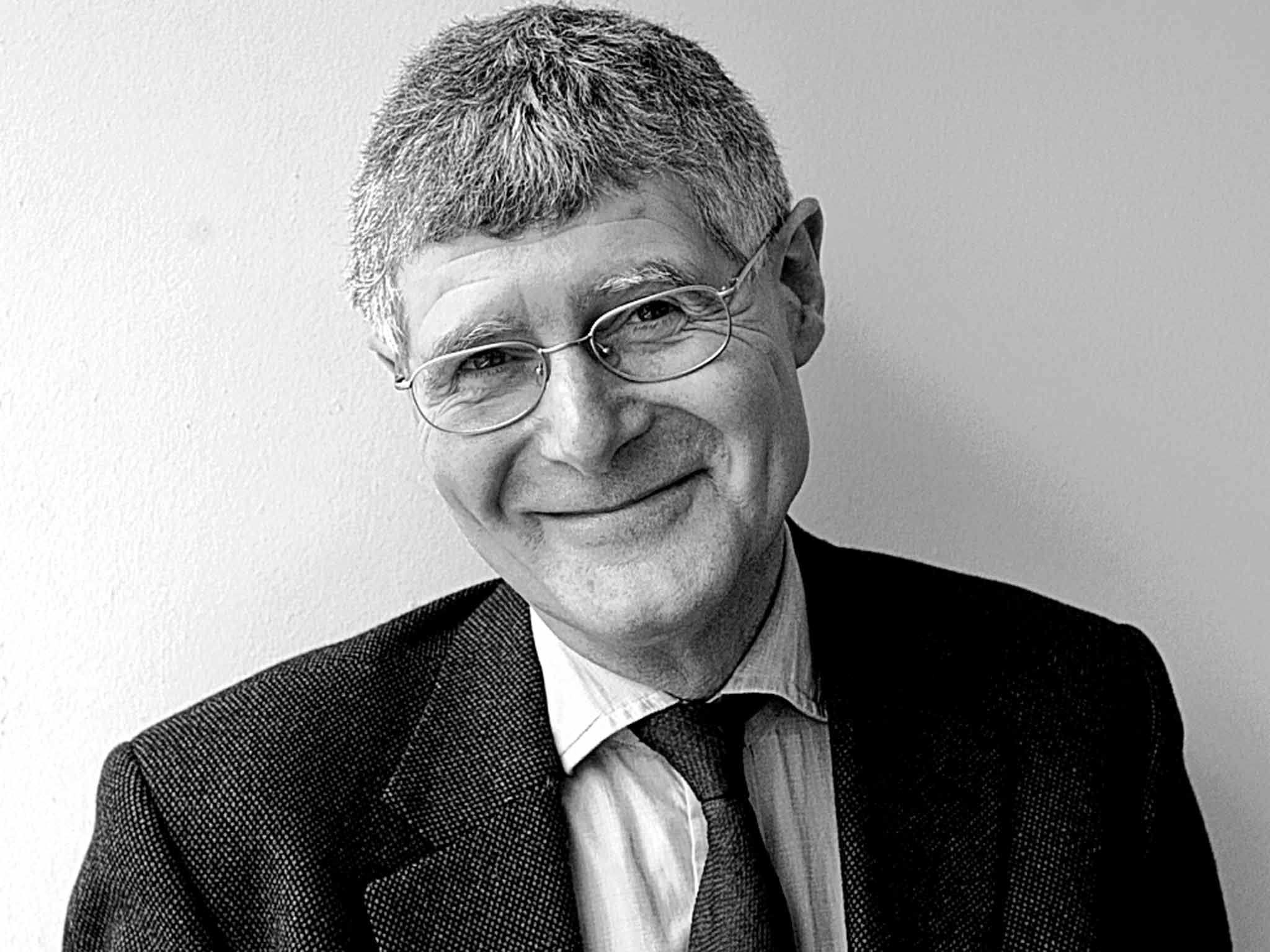Chris Woodhead: Head of Ofsted whose six-year reign saw him vilified by some but admired by others for his drive to raise standards
He was a "thorn in the flesh" of what he perceived to be the progressive education practices that he insisted had led to systematic failure within the education system

Chris Woodhead was regarded by many as the scourge of the teaching profession during his six-year reign as head of Ofsted, the education standards watchdog. He set out his stall by claiming there were 15,000 incompetent teachers in the profession and that it was his job to challenge "mediocrity, failure and complacency". His supporters, though, would claim he was an ardent campaigner anxious to improve standards in education and eradicate weaknesses.
Woodhead started his education at a primary school in Croydon before moving on to Wallington County Grammar School in Sutton, Surrey. He graduated in English from the University of Bristol, where he also gained a PGCE. He went back to his old school to teach and taught in a series of schools before moving on to becoming a lecturer at Oxford University.
His first forays into education administration saw him holding a series of local education authority posts in Devon, Shropshire and Cornwall. He gained the respect of many of those he worked with. One colleague plucked by him from a teaching post in Devon was Jeff Stratton, an award winner at the Teaching Awards three years ago for his outstanding teaching, who was then still teaching art at a Plymouth comprehensive at the age of 71. "He was always immensely supportive," Stratton said.
Woodhead stepped on to the national education stage when he joined the National Curriculum Council and the School Curriculum and Assessment Authority in the early 1990s, shaping the course of the new national curriculum introduced a few years earlier as a result of Kenneth Baker's GERBIL (the Great Education Reform Bill, which became an Act in 1988).
It would be true to say, though, that it was not until he took up his Ofsted posting that he became firmly embedded on the nation's consciousness. He inherited a situation in which little more than half of primary school pupils reached the required standard in English and mathematics in their national curriculum tests at 11 before leaving primary school.
It was his attempts to expose the lack of basic literacy and numeracy skills that made him indispensable in Labour's eyes when Tony Blair came to office in 1997. The Prime Minister, who had won power on a slogan of having "education, education and education" as his top three priorities, believed he would be open to too much criticism if one of his first acts was to ditch a public servant who had become identified with rooting out the mediocre in schools.
However, it was a stormy relationship made worse when he was tape-recorded addressing an audience of trainee teachers at Exeter. When he was asked for his views on legislation to ban sexual relationships between pupils and teachers, he responded that such relationships, while regrettable, could be "experiential and educative on both sides". The tape recording, to his chagrin, was leaked to The Independent and gave his opponents ammunition. Blair and the Education Minister David Blunkett stood by him, even though in private Blunkett was said to be "incandescent with rage".
The controversial comments were followed by claims that Woodhead had had an affair with a pupil while teaching at Gordano School in Bristol. Both he and the pupil insisted that while they had met when he was a teacher they did not start having a relationship until several years later in Oxford.
Later he was offered employment as a columnist on the Daily Telegraph, and it was this that led to his resignation as chief executive of Ofsted. Blunkett, in particular, believed the two roles to be incompatible. The teaching unions were ecstatic.
He continued to be a "thorn in the flesh" of what he perceived to be the progressive education practices that he insisted had led to systematic failure within the education system. He outlined his philosophy in a book, Class War: The State of British Education.
In his later years, he devoted his time to running Cognita, a company dedicated to trying to make private education an affordable option for a greater number of families. He was also appointed Professor of Education at Buckingham University.
In his private life, he enjoyed rock climbing in particular, a hobby he had to give up after being diagnosed with motor neurone disease. In an interview in 2009, he said he would prefer to end his own life rather than suffer the indignities of the final stages of the disease.
"The truth is," he said, "I would be more likely to drive myself in a wheelchair off a cliff in Cornwall than go to Dignitas and speak to a bearded social worker about my future."
Christopher Anthony Woodhead, educationist: born 20 October 1946; Kt 2011; married firstly (one daughter), 2006 Christine Kensett; died 23 June 2015.
Subscribe to Independent Premium to bookmark this article
Want to bookmark your favourite articles and stories to read or reference later? Start your Independent Premium subscription today.

Join our commenting forum
Join thought-provoking conversations, follow other Independent readers and see their replies